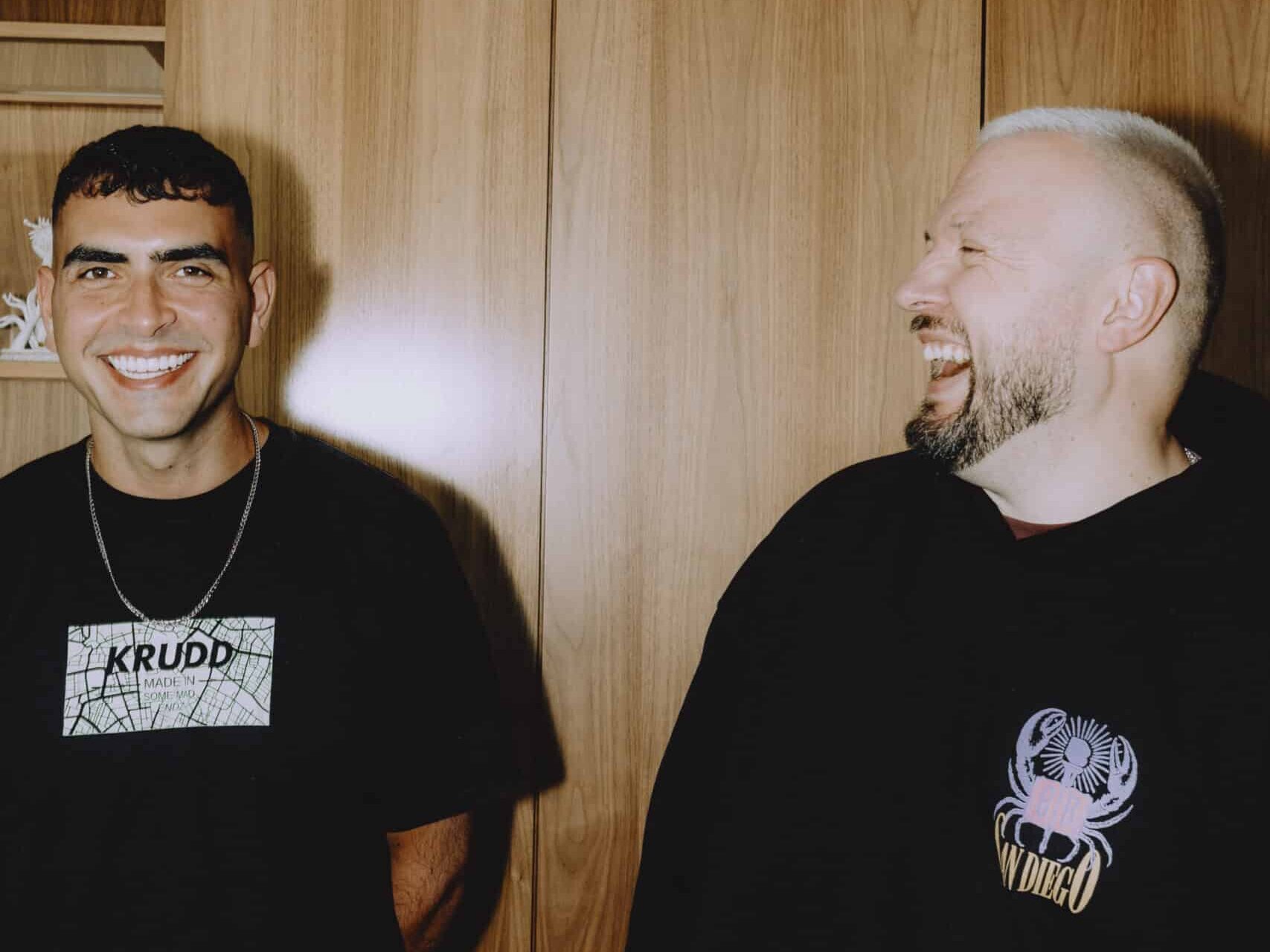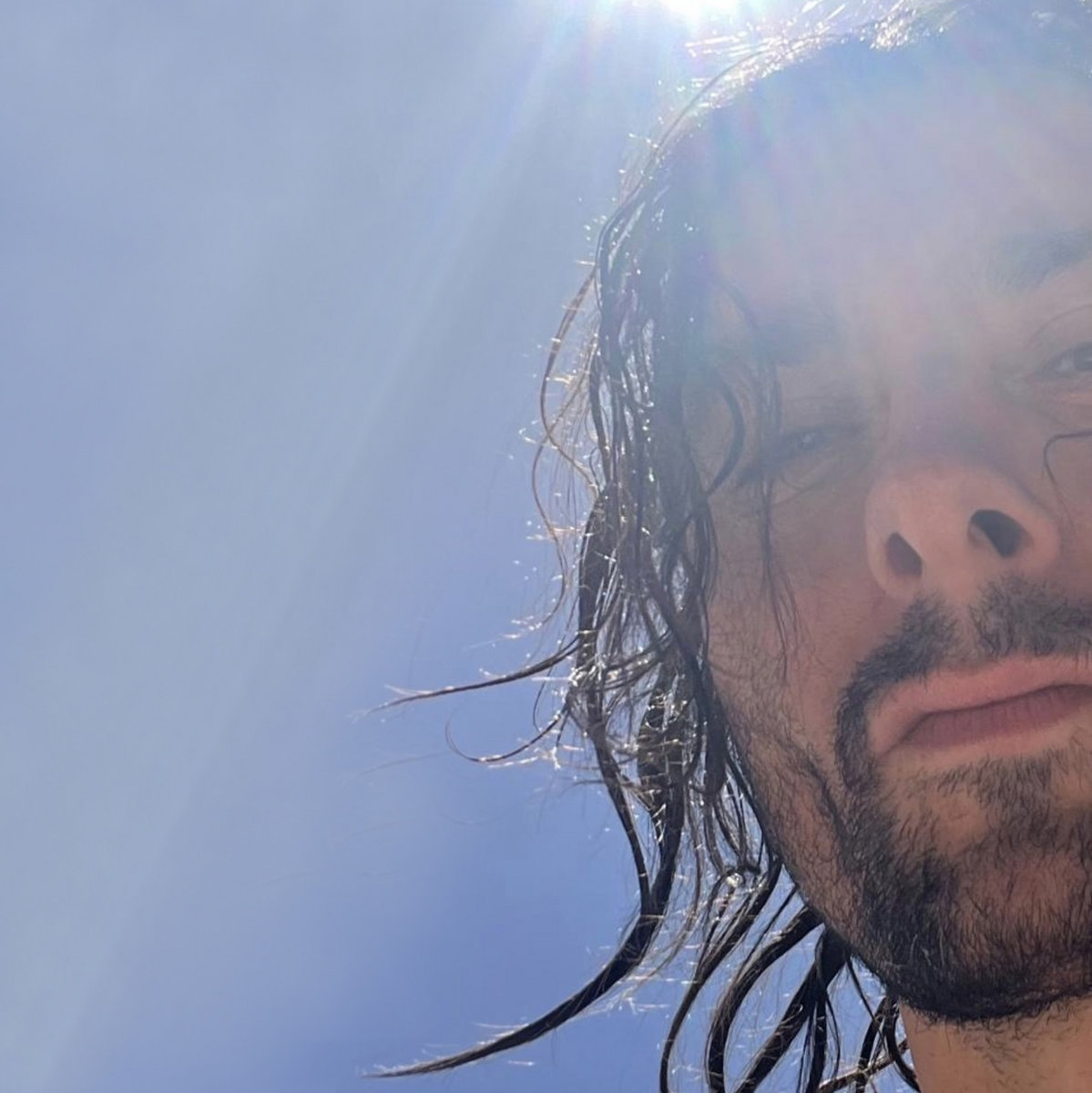It was one of the wildest news stories of 2019: The attack of Empire star Jussie Smollett late one night in Chicago, an assault he claimed was perpetrated by two white men, even after the Chicago police department accused him of hiring two Black men to fake the incident. In 2021, Smollett was found guilty of felony disorderly conduct, all while he proclaimed his innocence — in 2024, his conviction was overturned, but the damage to his career and reputation remained.
The new Netflix documentary The Truth About Jussie Smollett? includes a question mark in its title because in its interviews with key figures from the story, there are still two versions of what happened, and no one involved will budge on their version of events. Those interviewed include Smollett, the Chicago police officers who investigated the case, the two men accused of helping Smollett fake the incident, and the two independent witnesses whose version of events matches Smollett’s.
What stands out clearly is how impossible the social and political climate at that time made it for the actual facts to emerge: As Smollett says in the documentary, once the media frenzy around his attack began, “It was like playing whack-a-mole with rumors, with lies. You can’t catch them all.” While objective truth might be impossible to find in times like these, The Truth About Jussie Smollett? director Gagan Rehill does a clear job of presenting both sides of the incident and letting the audience decide for themselves.
Smollett Explains Why He Didn’t Want to Surrender His Phone

The Truth About Jussie Smollett? (Netflix)
The documentary begins by covering the basic facts of Smollett’s career up to that point and the initial response to his attack, followed by the police investigation that quickly turned against Smollett. In discussing the request for him to turn over his phone to the police, something he resisted, Smollett makes his point-of-view clear: “If everybody in the world had to open up their text messages, what would they find? For me, I live a full life and i’ve made mistakes.”
The specific thing he didn’t want to reveal to the world, he says, is that “I did not want to get out there was my drug use. I didn’t want that out there.” However, the incident and surrounding investigation meant that he had to “had to explain every single eccentricity of mine” — such as walking around at night at 2:00 a.m. “I always did that, like the other four people who were at the Subway [that night].”
Smollett Has Explanations for His Communications with the Osundairo Brothers

The Truth About Jussie Smollett? (Netflix)
Smollett says that he was clear from the beginning that the two men who attacked him were men wearing black masks, with enough skin exposed around their eyes to make it clear that they were white. However, the suspects that the cops first identified were Black.
In interviews with former chief of detectives Melissa Staples and former police superintendent Eddie Johnson, the documentary shows how the police used Uber records to identify Olabinjo Osundairo and his brother Abimbola (also known as Bola or Abel) — who both knew Smollett, as they had worked as extras on Empire. Additionally, Abimbola was employed as Smollett’s trainer, which is Smollett’s explanation for why Abimbola had received a personal check from him for $3,500.
According to Abimbola, that check was payment for him and his brother to stage the attack on January 29th. Smollett, meanwhile, says that “I wrote a check to my trainer for a five week period — a business check, that was what it was for.”
Additionally, Smollett had sent Abimbola a text saying “may need your help on the low” — which was taken as evidence of Smollett enlisting him for the attack. However, Smollett claims that he sent the message to Abimbola because he wanted him to acquire “an herbal steriod that was illegal here in the US that could be gotten in Nigeria.” The steroid, he adds, was to help with the loss of belly fat.

 11 hours ago
4
11 hours ago
4


















 English (US) ·
English (US) ·